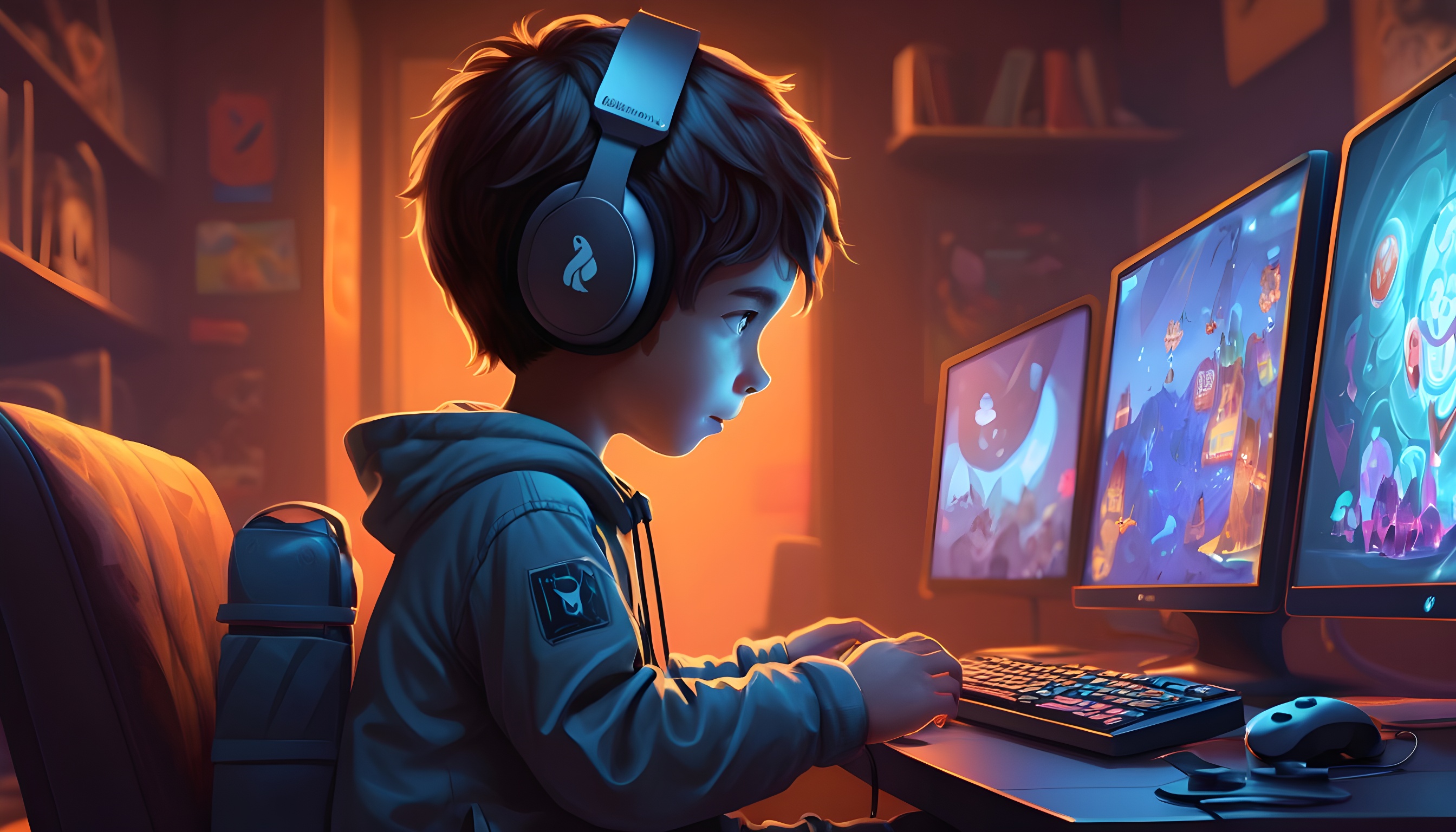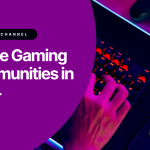The gaming landscape has changed dramatically in recent decades. From solitary pixelated adventures to enormous online worlds teeming with millions of users, the way we play games has fundamentally altered. At the heart of this transition is a phenomenon that goes beyond simply entertainment: the rise of online gaming communities.
Table of contents [Show]
A Connected Canvas: Factors Fueling the Growth
Several significant elements contribute to the increased popularity of online gaming communities:
- Technological Advancements: The widespread availability of high-speed internet and powerful gadgets has enabled seamless online interactions, making it easier than ever to connect and play with others around the world.
- Evolving Game Design: Modern games are increasingly emphasizing social engagement, with features such as guild systems, voice chat, and cooperative gaming to promote a sense of community within the game.
- The Rise of Esports: The professionalization of gaming, as shown in the emergence of esports, has encouraged the growth of communities. Fans join together to support their favorite clubs and players, building friendships based on their shared enthusiasm and competitive spirit.
- A Sense of Belonging: In an increasingly digital world, online gaming groups provide a sense of belonging and connection to people who share common interests. These communities facilitate social interaction, friendship formation, and collaboration, establishing a sense of belonging and shared purpose.
Beyond the Scoreboard: The Diverse Facets of Online Gaming Communities
Online gaming communities provide more than simply competitive thrills. They cater to a varied spectrum of requirements and interests, cultivating various aspects within their virtual boundaries.
- Supportive Networks: These groups offer a safe environment for people to connect and seek help. Players can share their experiences, give advice, and form important friendships with others who share their enthusiasm for gaming.
- Learning Experiences: Communities frequently serve as hubs for information exchange and learning. Players can share ideas, tips, and techniques to help each other better their abilities and knowledge of the game.
- Creative Expression: Many communities encourage creativity through activities such as fan art, cosplay, and community-created material. This enables gamers to express their passion in unique ways and interact with others who share their artistic interests.
- Advocacy and Activism: Online gaming groups have emerged as forums for advocacy and activism. Players can band together to raise awareness about social concerns, arrange philanthropic events, and take collective action.
While online gaming communities provide various advantages, it is critical to recognize potential obstacles and handle them responsibly:
- Toxicity and Harassment: Unfortunately, online communities can be prone to toxic behavior and harassment. Individuals should be aware of these hazards, engage in responsible online conduct, and report any unfavorable encounters to the relevant authorities.
- Time Management: Participating in online gaming groups can be quite time intensive. Individuals must cultivate healthy digital habits while prioritizing other elements of their lives, ensuring a balanced approach to both online and offline activity.
- Monetization and Exploitation: With the advent of online gaming, new monetization tactics have emerged that prey on vulnerable persons. Players must exercise caution and make informed decisions when making in-game purchases or interacting with third-party businesses.
The Future of Online Gaming Communities: Looking Ahead

As technology advances and the gaming scene develops, the future of online gaming communities seems bright and hopeful. Expect to see these communities:
- Embrace Emerging Technologies: The incorporation of new technologies such as virtual reality and augmented reality is anticipated to improve the social and interactive features of online gaming communities.
- Evolve with Diverse Demographics: The gaming community is continually changing, attracting players of all ages, ethnicities, and gaming tastes. Communities will need to adapt and cater to this expanding variety, promoting inclusivity and appreciating each member's unique contributions.
- Contribute to Positive Change: As online gaming communities expand, so will their ability to influence positive social change. We may expect to see more lobbying campaigns, fundraising endeavors, and collaboration projects that benefit the world outside of the virtual sphere.
Online gaming communities are a booming phenomenon that have fundamentally altered how we perceive and engage with games. They promote a sense of community, encourage learning and creativity, and facilitate crucial social relationships. While there are hurdles to overcome, the future of these communities appears promising, with great opportunities for collaboration, communication, and positive social influence in the coming years.









